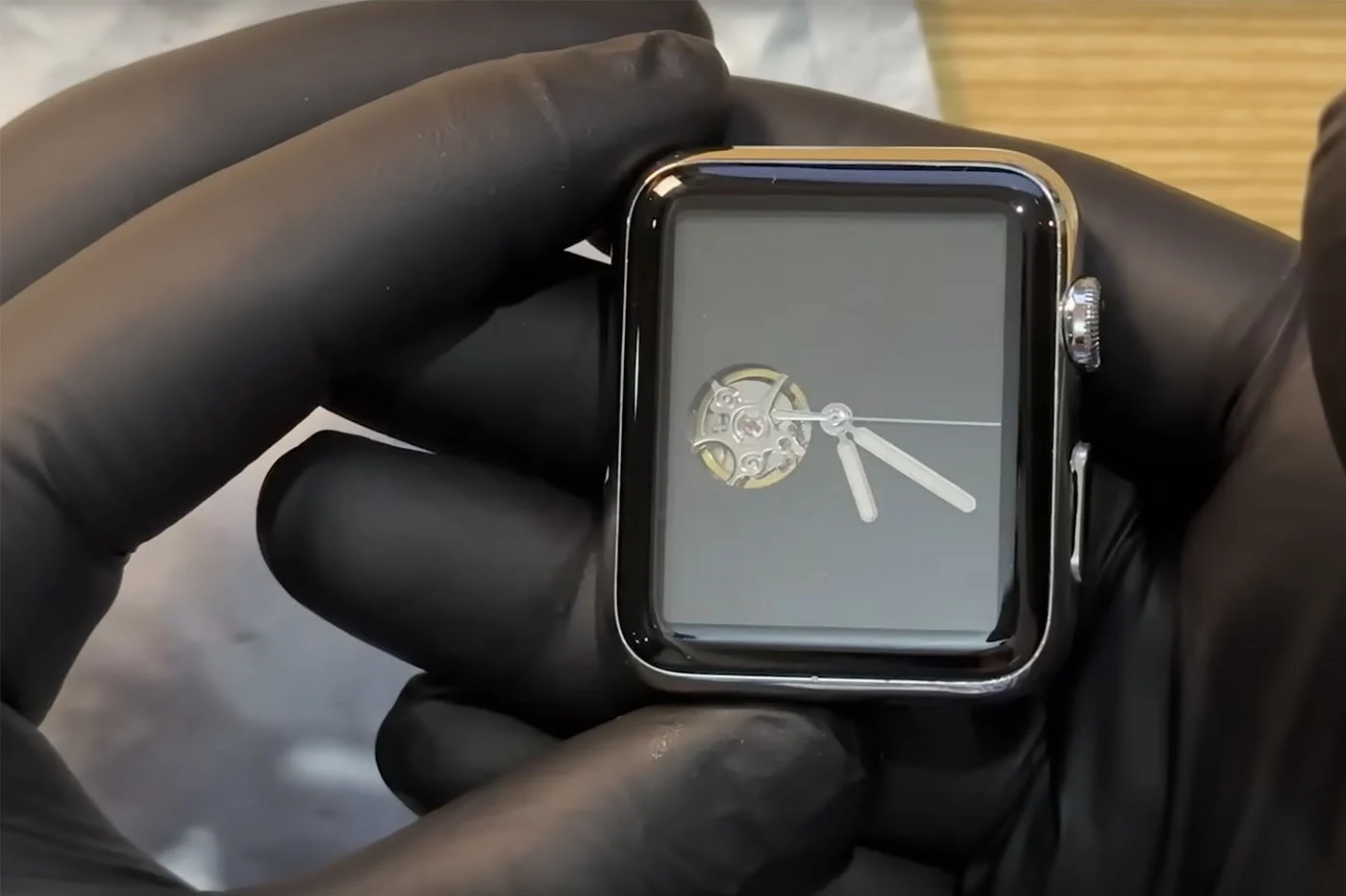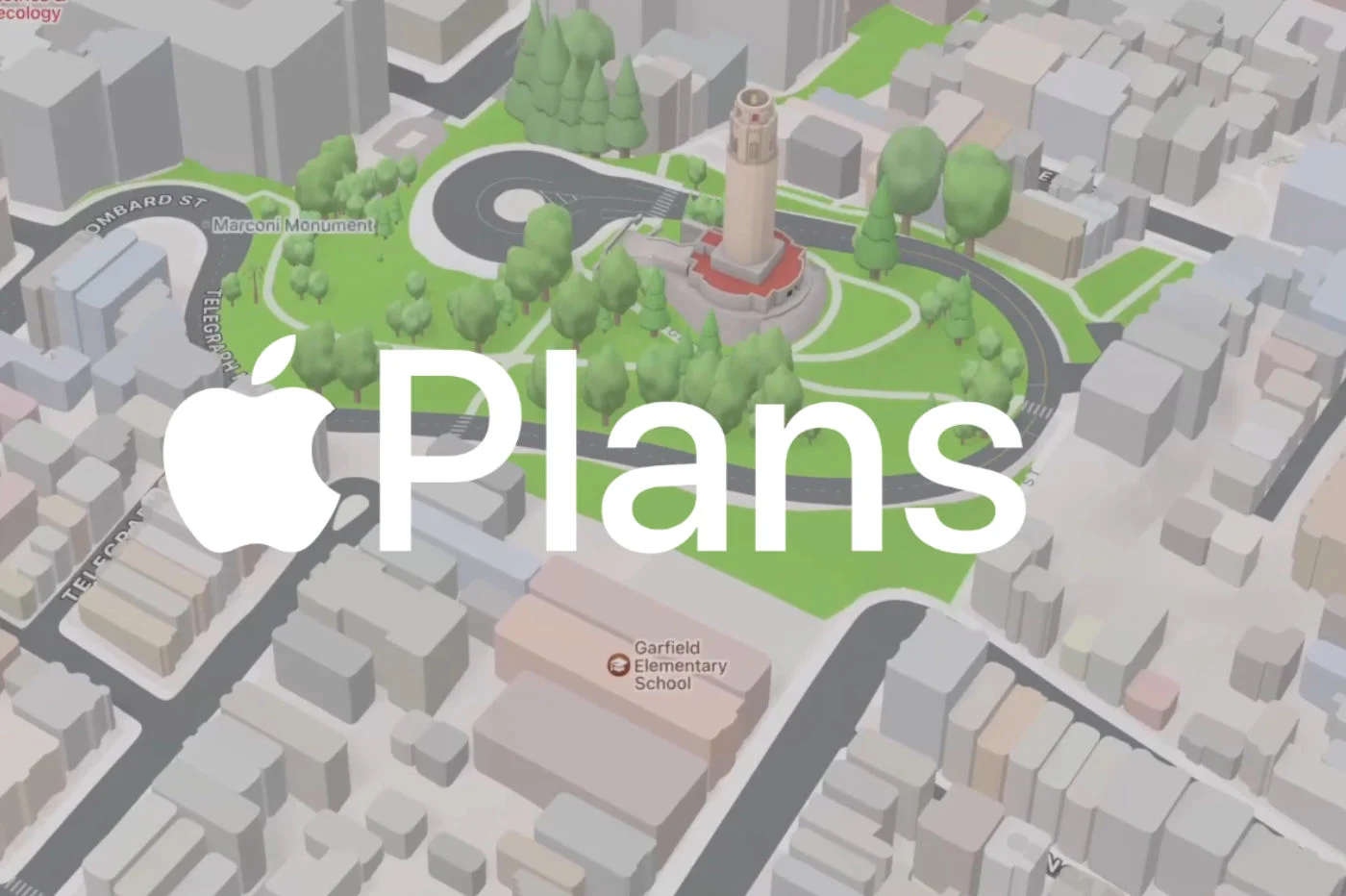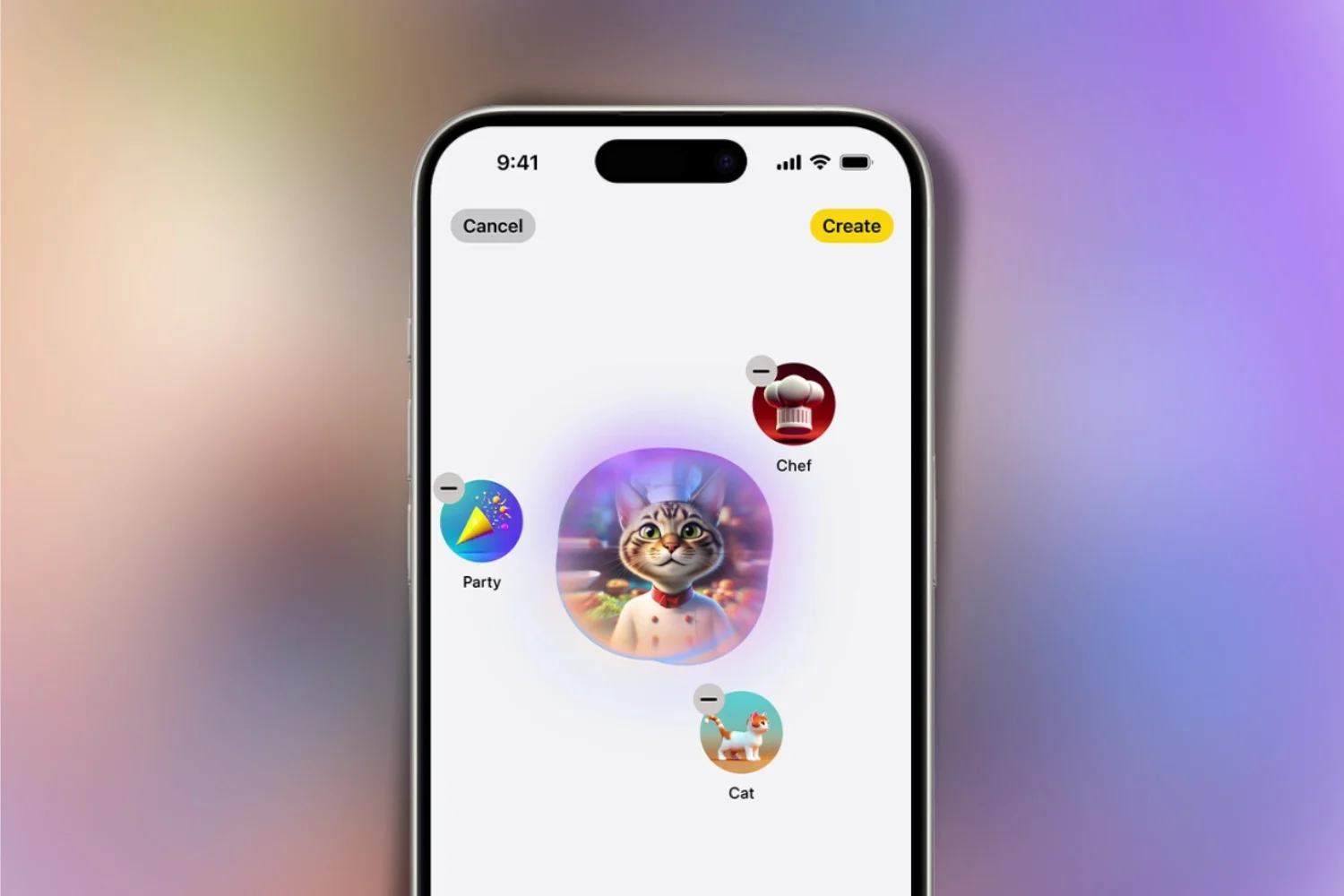The biggest update of the year has just happened for iOS users. In addition to the usual changes initiated by Apple, iOS 17.4 includes historic changes. They are not the choice of Cupertino, but are necessary for the company to be in compliance withthe new rules from EU commissioners (DMA or Digital Market Act).
As with every update, it is likely that iPhone users who install the new version of iOS will encounter some inconveniences, such asslowdowns, overheating, or loss of autonomy. This is due to the fact that the phone is constantly optimized depending on how you use it, in order to offer the best possible performance, while consuming as little as possible. In any case, a recently updated phone generally needs some time to get used to it to get stable.
It also happens that certain versions have been optimized as much as possible by Apple, then arrive on the market offering better autonomy,as was the case with iOS 16.3. But with iOS 17.4 however, this does not seem to be the case, as a video test shows.
The test includes the iPhone 15
iAppleByte measured, as usual, the autonomy of different iPhone models after updating them to the latest version of iOS. The test conditions are the same for all the iPhones tested, namely abrightness at 25%, as well as battery health between 90 and 100%. The iPhones tested are the SE2020, the XR, then the 11, 12, 13, and 15. We are happy to see that iAppleByte now includesthe 15in its autonomy tests,unlike the previous ones.
Results :
To get a better idea of the situation, we accompanied the results of iOS 17.4 with those of previous tests.
iPhone SE 2020:
- iOS 17 : 3 h 24;
- iOS 17.0.3 : 3 h 22 ;
- iOS 17.1 : 3 h 41 ;
- iOS 17.3 : 3 h 23 ;
- iOS 17.4 : 3 h 19.
iPhone XR :
- iOS 17 : 4 h 14;
- iOS 17.0.3 : 5 h 32 ;
- iOS 17.1 : 5 h 8 ;
- iOS 17.3 : 4 h 49 ;
- iOS 17.4 : 4 h 44.
iPhone 11 :
- iOS 17 : 5 h 25;
- iOS 17.0.3 : 5 h 37 ;
- iOS 17.1 : 4 h 54 ;
- iOS 17.3 : 5 h 22 ;
- iOS 17.4 : 5 h 26.
iPhone 12 :
- iOS 17 : 5 h 39;
- iOS 17.0.3 : 5 h 31 ;
- iOS 17.1 : 5 h 56 ;
- iOS 17.3 : 5 h 35 ;
- iOS 17.4 : 5 h 59.
iPhone 13 :
- iOS 17 : 6 h 51;
- iOS 17.0.3 : 7 h 7 ;
- iOS 17.1 : 7 h 48 ;
- iOS 17.3 : 6 h 51 ;
- iOS 17.4 : 5 h 46.
iPhone 15 :
- iOS 17.1 : 11 h 6 ;
- iOS 17.3 : 11 h 25 ;
- iOS 17.4 : 10 h 47.
As you can see, iOS 17.4 spared the iPhone 12, and those before, but for the others, all discharge faster.The iPhone 13 also suffered the biggest loss of autonomy, while it is probably the most popular on the market. We imagine that the numerous modificationsgenerated by the EU and the DMA, and not wanted by Apple, are not unrelated to this loss.
Additionally, after the period of adapting iOS to your daily use,autonomy may still differ from a previous version. And thisdue to the hardware and software particularities of each iPhone.

i-nfo.fr - Official iPhon.fr app
By : Keleops AG






